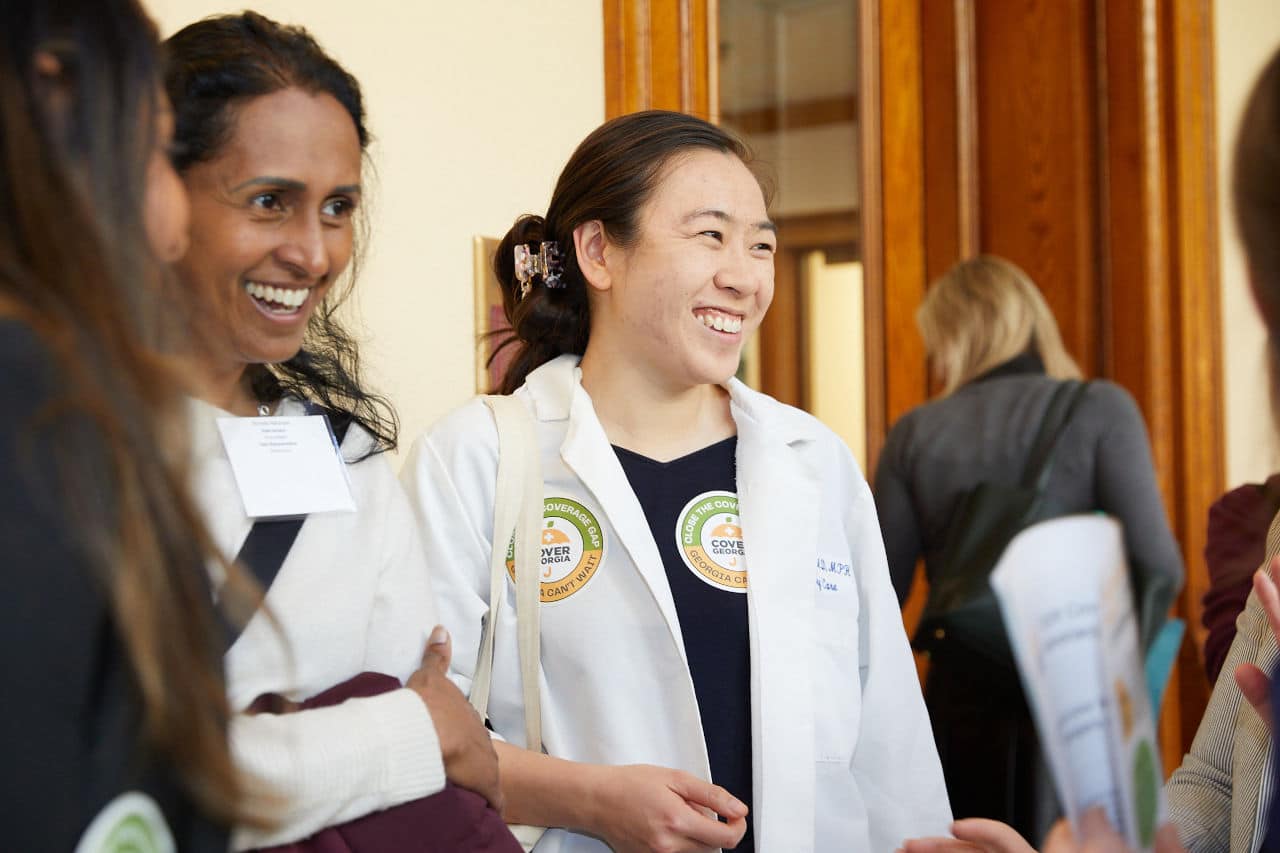
Georgia’s new Health Coverage Commission kicks off its work
Did you know that a new Commission of health leaders has begun meeting to explore how to improve access to care for low-income and uninsured Georgians? Thursday, July 25th marked the inaugural meeting of Georgia’s Comprehensive Health Coverage Commission (CHCC). Established this spring by state leaders, this Commission will dedicate the next 18 months to advising state leaders about how to improve health care access and quality for low-income and uninsured Georgians. Members of the









